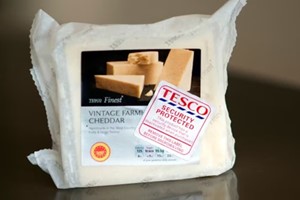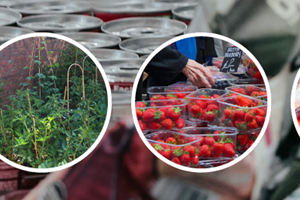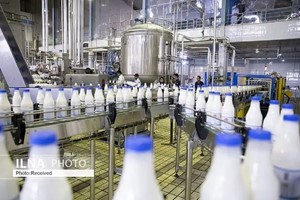The UK food sector has faced its fair share of challenges, and issues around supply are not uncommon. In the year to January 2024, overall food prices rose by 7%. To compound this, last year, the UK’s Competition and Markets Authority highlighted the issue of “greedflation” among retailers that are thought to be hiking prices at a greater rate than wholesale rises.
All this is helping to fuel a food black market in the UK, a problem that has serious implications for legitimate businesses and is the cause of many of the product shortages consumers see on the supermarket shelves.
The British Standards Institution recently stated that 22% of all thefts from lorries and warehouses last year were of food and drink products. The stolen goods were then redistributed into illegitimate supply chains and sold on within days.
This is an increase from 17% in 2022, as the black market gets bigger. Black market operators often target products that are easily resold, including food, toys, whitegoods and perfumes, as opposed to more expensive products. Last year, for example, an HGV containing £50,000 of cheese was stolen from a motorway service station near Worcester.
Reasons for turning to the black market for food are multilayered. But often, it is fuelled by those who are hit hard by the cost of living. And it may be that buyers can justify it because, as they see it, they are not shoplifting themselves.
But the trade has real implications for business, tax evasion and supply chain integrity.
The rise of food black markets has coincided with the rising cost of living and increased consumer demand for lower prices. The choice between heating or eating has become commonplace for many UK households. Despite inflation now being close to the government’s 2% target, the cost of living continues to rise from its already high level. And access to cheaper food, even illegally, is a choice many are willing to make.
These purchases can take place on back alleys or online, with platforms such as Facebook and Instagram popular for black-market trade.
UK convenience stores suffered a 400% increase in thefts in 2023. Taken alongside a reported 380% increase in HGV roadside thefts, this demonstrates how vulnerable the UK’s end-to-end food supply chains can be.
The challenge comes when shoplifting is not given enough attention by under-resourced police. Retailers are often expected to manage the problems on their own. And the theft of foods intended for the black market typically involves much larger quantities than petty shoplifting.














